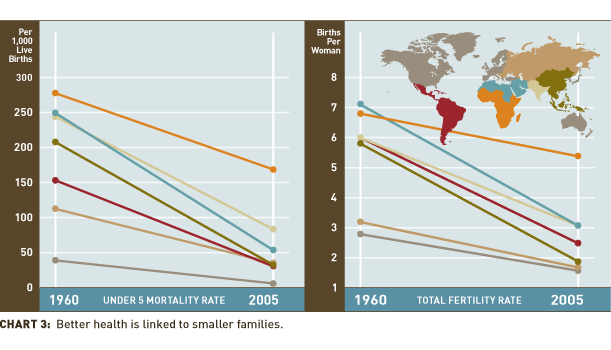A friend told me she disagreed with my post the other day on big media’s relationship with YouTube:
I totally disagree with your media article. NBC gets revenue from Google for sharing their content–this will never happen in a way that works for both. NBC should be allowed to host the shows on their own site with the ads they would like to include on their own site.
I think YouTube needs to take off all its questionable content. Just because people have trouble enforcing certain rules doesn’t mean that there is no reason for intellectual property protection. YouTube makes most of its revenue off of encouraging people to rip things off of other sites. It doesn’t produce anything, and, as a platform, I don’t even like it that much.
It struck me that I didn’t flesh out my argument on what YouTube is good for very well — mostly because it wasn’t the point of my post — but that I probably should. First off, a couple of things.
NBC can do whatever it likes with its content. It owns it, and should be allowed to do whatever it wants with it. I think it’s in their best interest, however, to leverage YouTube rather than fight it wholesale. (The same holds true for the music industry.)
In fact, NBC does host their own content at NBC.com and in other places (Hulu). You can watch whole episodes of e.g. Heroes and many other shows for free, on demand. I think they’ve done a remarkably good job in leveraging the excitement of the fans as well as doing some interesting stuff by embracing other kinds of media, most notably the Heroes webcomic.
It terms of showing TV shows that have actors and scripts and story arcs, YouTube isn’t the best platform. Hulu is preferable for a number of reasons:
- Hulu is more reliable. YouTube streams die on me 20-25% of the time no matter their quality.
- Hulu’s UI is better for streaming a whole show.
- You can pause and restart an episode later on even after you’ve closed your browser.
- Queueing is excellent. Subscriptions are excellent.
- It is trivially easy to download content from YouTube without anything more fancy than a bookmarklet. (Note: I didn’t use that script, I wrote my own for Chrome but it looks similar.)
Where Hulu does NOT shine is permanence. This is driven largely by content deals with networks, so Hulu isn’t to blame, here. It is frustrating to embed a Hulu clip in something like a blog post and have it be expired in two weeks. This breeds ill will towards Hulu, even though the network is the real culprit.
YouTube’s strengths are:
- Permanence (copyright infringement claims aside)
- Quantity and quality of HD clips
- Sheer ubiquity
- The UI lends itself better to interacting with shorter clips than any other web video service
If I were NBC, would I want Heroes on YouTube? Not in its entirety, no. I would certainly have some HD trailers and teasers for the various episodes available, and if viewers wanted to upload their favorite short scenes and mashups, I wouldn’t want them deleted. It’s all good publicity for the brand and it costs me nothing. (And indeed NBC is pretty lenient, as far as I can see.)
I would use these clips to drive people to the homepage for Heroes at NBC.com, and/or on Hulu.
But it was the news program format that I was mainly concerned with the other day. YouTube does shine when it comes to interviews with public figures. In this respect, news organizations almost perform a public service, but the problem with their ownership of their content means that if a politician does something boneheaded, it’s largely forgotten in a relatively short time as the content is locked in a media company’s footage archives, relegating it to little more than ephemeral conversation for the public’s needs and wants.
Of course, it’s not NBC’s job to do what’s in the public’s best interest, it is their fiduciary duty to maximize shareholder value. However in this case, I believe that these goals are one and the same. After all, we can’t be sure that The Daily Show will be around forever…
YouTube is a perfect environment for these single-issue clips thanks to its ubiquity and permanence. If a content owner like NBC wants to keep whole episodes for their own web property, that’s fine. But I think they should allow (and promote) uploading of shorter clips, like the segments from Meet the Press that I lamented the other day. Use these clips to drive people to NBC.com. Your brand gets free publicity, the public benefits, and it has cost you nothing.
If CBS has filed copyright infringement notice with YouTube, would most of us have seen the first-hand footage of the trainwreck that was Sarah Palin this past election season? Probably not — the number of folks in my generation that watch news programs on TV is vanishingly small…

